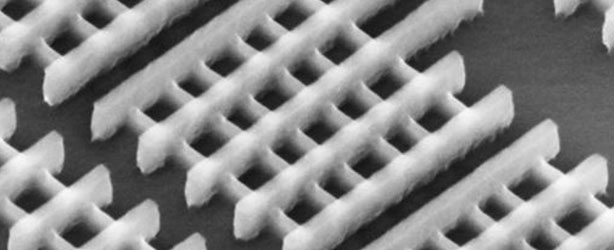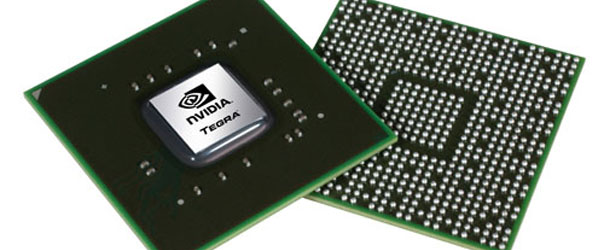Will There Be an AMD ARM CPU?
Bit-tech: Some GPGPU developers say that it won't work identically on different hardware because there are so many different GPU architectures.Terry Makedon: Right, that's the optimisation part. So it'll work, and then you can fine-tune it to take advantage and full effect of the individual hardware characteristics.
BT: Is that going to be covered in your OpenCL education scheme?
TM: Yes, absolutely, we're going to have tracks on performance optimisation and stuff like that.
BT: Have you got any major developers and universities interested in the education scheme?
TM: I don't actually know all the details on the education scheme, but I do know that we have a bunch of professors and universities lined up to attend the developer conference in June.

Intel has already announced its 22nm tri-gate transistor tech, but
AMD says it will start discussing its 22nm products next year
BT: Intel recently announced its 22nm Tri-gate transistors. Does AMD have any plans for a similar idea?
Sasa Marinkovic: We're a fabless company, and we're definitely working with GlobalFoundries to get the next technology, but when somebody's buying a CPU or APU they're buying the experience, and they really don't care what the technology is inside. So we're going to have 22nm sometime next year, and we'll talk about 32nm now.
Obviously, our products are going to be 32nm when we launch Llano, and we're going to be on an equal-footing from a technology perspective, but I think GlobalFoundries is working on a new technology process and making it better every day.
BT: There's been a lot of talk about ARM recently. IDC predicts that ARM will account for 13 per cent of the market by 2015. Do you agree?
SM: I'm not completely familiar with the ARM architecture and its performance, but if you look at the compute power of Brazos [the architecture of the E350 APU], it has DX11, it has dual-core capabilities, and Llano is coming out with quad-core, great power efficiency and DX11 support. All the games and applications already work on it, so I think we're in a very good position in the market.
I understand that many things are moving to the Cloud, and maybe that's why IDC is saying you're not going to need much productivity power on your PC in 2015, but I think people are never going to want to compromise on the basic things that they're used to. They're going to want to open up PowerPoint, do the Excel spreadsheet and browse the Internet, which they'll be able to do, but they'll also want to play some games and use other applications, and I think we have a lot more compute power built in.

Could AMD follow in Nvidia's footsteps with an ARM CPU? AMD says it's one of
many options the company is currently investigating
BT: You said earlier that AMD's betting on GPGPU, and in a way you could say that Nvidia's similarly betting on ARM with the development of Project Denver and its Tegra platforms. Would AMD consider developing an ARM CPU too?
SM: Our boss John Taylor recently did some interviews with other publications where he said that obviously we're looking at what's best for AMD, and how we could proceed with that, and we are going to be investigating different paths. At this moment we're not working on any of those, but we're definitely looking at what type of user experiences are going to be in the market, and we're going to be making decisions based on that.
BT: Basically, you wouldn't rule it out?
SM: Yes. Don't take this as speculation that we're saying there's something cooking, but we're not telling you as we can't comment on it. We're just looking at all the usage models, and how people are using their devices, and we are open minded about making that decision for AMD. At this point APUs are the best decision for AMD.

MSI MPG Velox 100R Chassis Review
October 14 2021 | 15:04









Want to comment? Please log in.